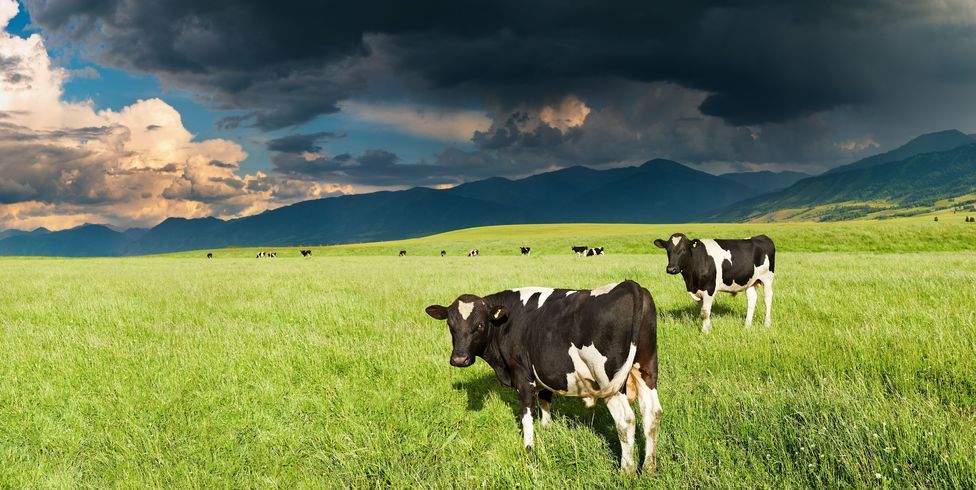
NFU Scotland is calling on milk buyers to adopt a ‘common-sense approach’ to milk price penalties as wet weather hits production hard.
Met Office figures put June rainfall in the west of Scotland at its highest level since 1910 and heavy showers have continued across the whole country during July and August.
As a result, many dairy farmers are not only facing reduced production and higher feeding costs, but also a potential penalty from their milk buyer for not hitting their projected target production.
NFU Scotland has contacted the main milk purchasers in Scotland in recent days, urging them to take the exceptional circumstances into consideration before hammering producers with price reductions.
Effective predictions
Milk policy manager George Jamieson said: “For the avoidance of any doubt, NFU Scotland totally supports the need for farmers to work with their milk buyer and supply predicted production figures.
“However, we also believe that these predictive figures can only be calculated on factors that can be accurately predicted. As we know all-to-well in Scotland, one factor which cannot be predicted is the weather.
“We believe producers and processors should work on effective predictions, but with the ability to amend on an on-going basis when exceptional circumstances, like record June rainfall, crop up.
“We have been contacted by numerous concerned producers in recent days, some of whom have had to bring their cows inside to avoid damaging wet pasture, and are already feeding increased concentrates to help stall production losses and ensure freshly calved cows are looked after.
“All this costs money and we believe it is harsh and insensitive to add price penalties to the burden.”
“The milk buyers we have contacted have been open to our calls, and appear understanding of the situation. Their advice is if farmers are concerned about meeting production predictions, then they should contact them and explain their position.”
No penalties
Major milk buyer Muller explained that it was being proactive in developing better predictive tools that would benefit both it and their farmers.
Mr Jamieson continued: “We remain adamant that where poor, unseasonal weather has impacted on production, then there should be no penalties applied by any processor. Such penalties will not help farmers in a difficult season or promote more accurate projections.
“Indeed, it runs the risk of alienating them from the process as we can’t predict the weather, or in a summer like this, maintain expected production.”
